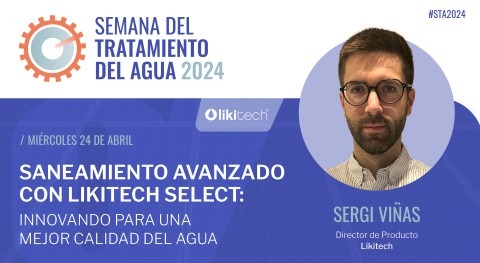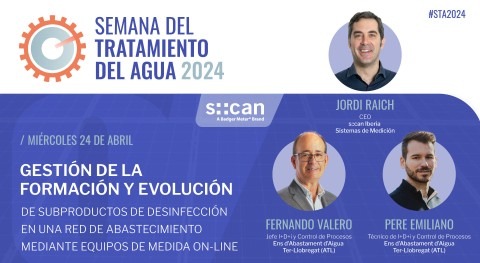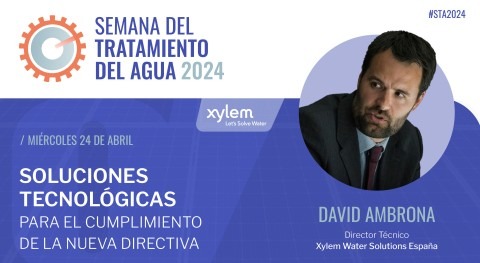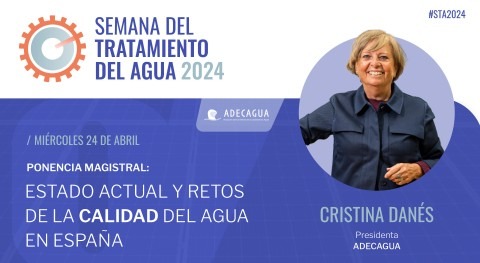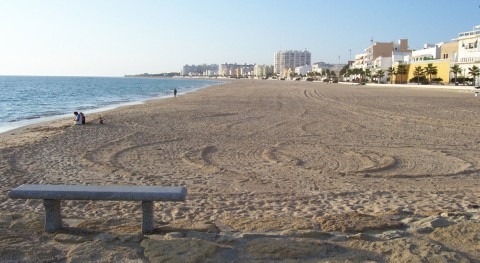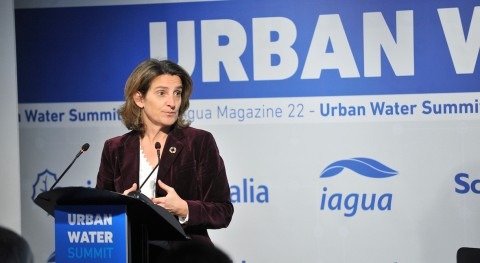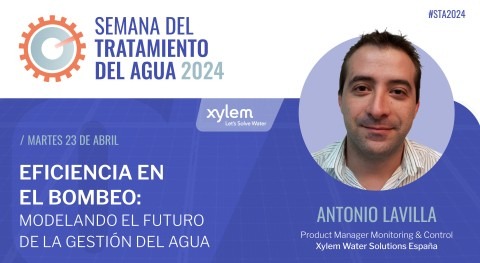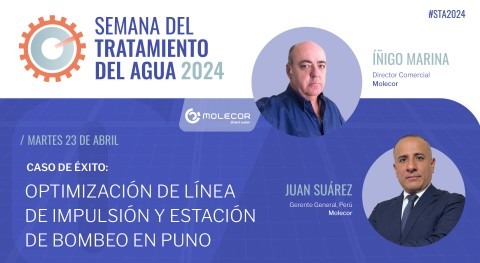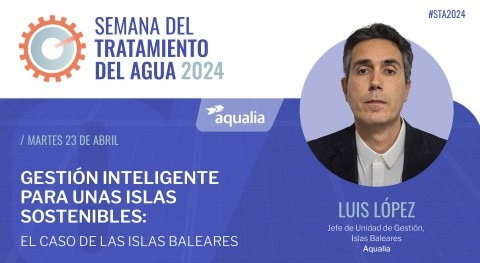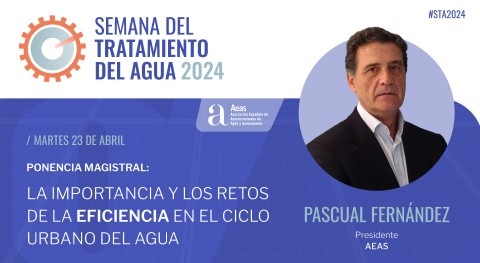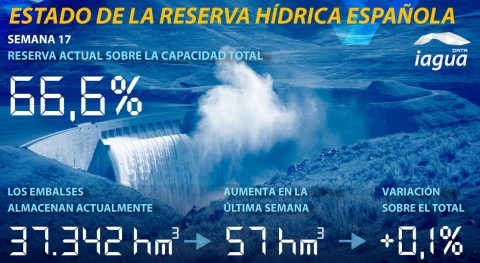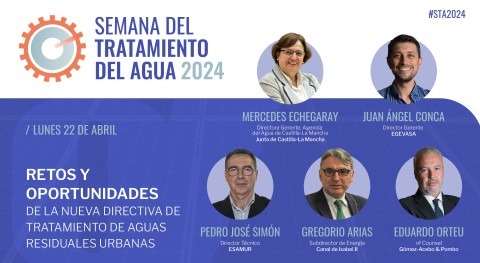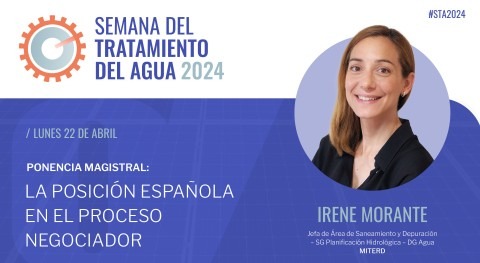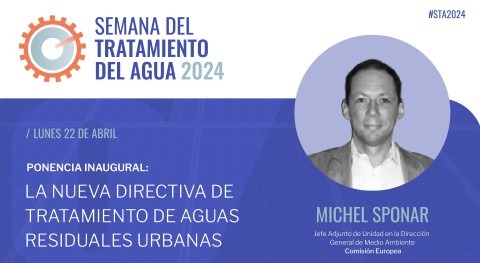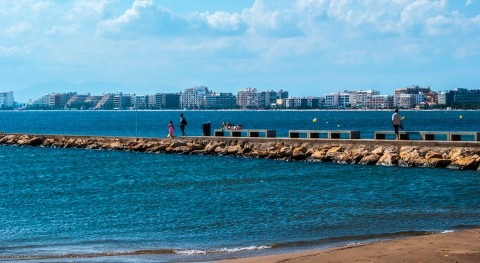The European Environmental Bureau (EEB), Europe's largest federation of environmental citizens' organisations, yesterday called on Europe's Environment Ministers to sharpen up their act given their poor record in implementing EU water protection legislation in the shape of the 2000 Water Framework Directive (WFD). A more integrated approach is urgently needed to make economics work for sustainable water management. The EEB concludes from a recent EEB and WWF survey of national implementation reports that the required economic analysis of water uses in most cases fails to shed adequate light on the sectors identified as causing massive environmental problems, like hydropower, navigation, and flood defences.
"We still don't know who pays for what, or whether current arrangements are fair and reflect the true environmental cost of unsustainable water use," said Stefan Scheuer, EEB's Policy Director. "The existing set-up makes it impossible to come up with robust and cost-efficient measures which target the harmful environmental impact of infrastructural and river maintenance work involved in delivering hydropower, navigation or flood-protection for businesses. We're afraid that ultimately water managers would have to obtain the funds they need for environmental measures from the general public or households, who often already pay a fair price for their water consumption."
Under the WFD, in 2005 Member States were asked to present a report for each of their River Basin Districts, focusing on environmental problems and the economic analysis of water uses, the 'Article 5' Reports. EEB's and WWF's assessment of 25 Article 5 Reports from 21 countries shows that Europe is still far from practising ecologically sustainable water management. Some 50% of surface waters risk failing to achieve the WFD's objective 'good ecological status'.
"We call on Environment Ministers to live up to their commitments to use economic tools to make the market work for the environment and give higher priority to a correct application of relevant requirements laid down in EU environmental legislation, like the definition of what constitutes a water service," said John Hontelez, EEB's Secretary General, "Water management authorities must therefore revise the economic analysis of water uses by 2008 to better address environmental damaging infrastructures and bring it in line with WFD legal obligations, and in time for the programme of measures to restore our aquatic environment to be drawn up in 2009. Latvia and France have shown that it is possible: it is a question of political choice..."
Twenty-two reports pinpointed infrastructure, such as dams, embankments or channelling, supporting hydropower, navigation, flood defence or agriculture, as a key source of environmental pressure. Infrastructure of this kind reduces both the space of water and the variety of habitats, thus endangering aquatic biodiversity and the ecosystem's stability. This reduces our ecosystem's ability to cleanse itself as well as weakening its resilience to climate change. A safe and reliable natural water supply for human needs is also at risk. Only six Article 5 Reports identified hydropower, navigation or flood defence infrastructure as 'water service' for the assessment of their cost recovery from the end users, and just two of those tried to look into environmental and resource costs of those sectors: France and Latvia .
The letter to Environment Ministers can be downloaded here and the full EEB and WWF report here.





































